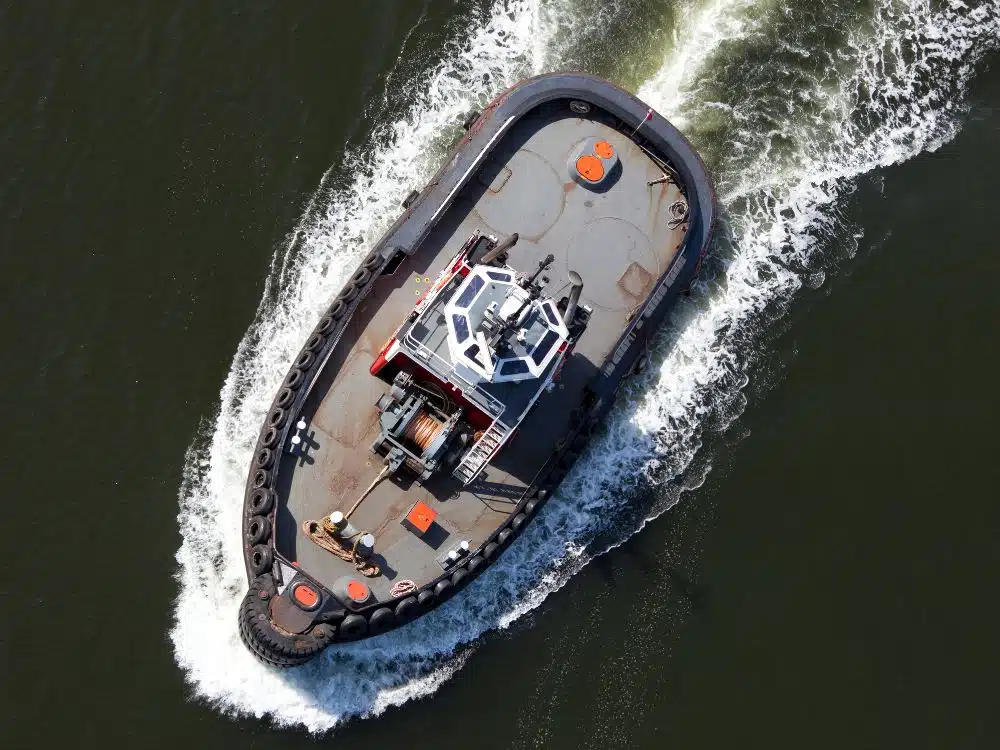If you are an offshore worker, chances are you have heard the phrase “maintenance and cure” a time or two. The concept of maintenance and cure is an important part of maritime law. Offshore workers should not only be familiar with the phrase but they should also understand when maintenance and cure benefits are warranted.
What Is Maintenance and Cure?
Maintenance and Cure is a right based in General Maritime Law. Any seaman who is injured or becomes ill while in service to a vessel has the right to receive maintenance and cure until reaching maximum medical improvement “MMI” or returns to work.
What Does All That Mean In English?
Maintenance is just term of art for a per diem or stipend, which is paid to an injured or ill seaman to help him obtain minimal food and shelter of the same like and kind that he would have been receiving aboard the vessel to which he is assigned. Although courts have steadily increased the amount that is deemed “reasonable,” it is still usually only amounts to $35 to $45 per day. The experienced maritime lawyers at Lambert Zainey knows how to maximize this amount to make sure you have as much financial support as possible while recovering from your illness or injury.
Cure is a fancy word for medical treatment. As a seaman, you are entitled to medical treatment of your choosing when you become ill or get injured while in service to a vessel, regardless of whose fault it is. Often, your company may send you to the “company doctor” when you get back onshore, but don’t forget that you have the right to see a doctor of YOUR choosing.
Maximum Medical Improvement or “MMI” is the point in your medical treatment where your doctor says you won’t get any better than you are medically. It does not require that you be back to 100% and company doctors will often deem you to have reached MMI when there may be some improvement still available to your condition. An experienced maritime lawyer can help protect you from being bullied by your company into returning to work when you aren’t ready or being deemed MMI when there is still medical treatment available that may help you.
Who Is Entitled to Maintenance and Cure?
Under admiralty law, workers are entitled to maintenance and cure benefits if:
- They qualify as seamen under the Jones Act.
- They were injured or became ill while in service to the vessel.
In general, a worker qualifies as a Jones Act seaman if he or she spends a significant amount of time working in service to a vessel that is “in navigation.”
Maintenance and Cure: Potential Issues
The obligation to pay maintenance and cure is “almost automatic” and is not predicated on the fault or negligence of the shipowner or employer. However, the shipowner will be absolved of this obligation in certain situations. If a seaman willfully conceals a pre-existing condition to his employer when he is hired, the employer will not owe maintenance and cure. This is sometimes referred to as the “McCorpen” defense.
If the employer requires a pre-employment medical examination, the seaman must truthfully answer questions asked by a health care provider or in the hiring process. If the employer does not require a physical examination, the worker is only required to disclose conditions that he reasonably could be expected to know the employer would consider in hiring him. Finally, even where “concealment” is found, it will not defeat the employer’s obligation to pay maintenance and cure benefits under the law unless it is the cause of the current injury or condition.
Frequently Asked Questions About Maritime Accidents
What if my claim for maintenance and cure benefits is denied?
If an employer willfully or recklessly denies a seaman’s maintenance and cure benefits, the worker may be entitled to punitive damages.
Do I have to see a company doctor after a maritime accident?
Maritime workers are not required to visit a company doctor after a maritime accident, though they should not refuse medical treatment after an injury. They have the right to see the doctor of their choosing, regardless of whether or not they have already seen a company doctor. This is important because it ensures that the treating physician is an objective and unbiased party who is not affiliated with the employer, which can help protect against any potential bias that may be present in the medical care provided by someone associated with the company.
Can I be blacklisted for filing a maritime accident claim?
While there isn’t a definitive answer regarding whether a worker can be blacklisted for making such a claim, current laws are in place to protect seamen and other maritime workers from this form of discrimination. In Pino v. Protection Maritime Insurance Company, the court ruled that blacklisting or blackballing offshore workers is illegal.
The law also mandates that employers must not discuss the fact that an employee has filed a claim against them if they are asked for a reference. It is important to remember that while no one can guarantee protection from blacklisting after filing a claim, one’s legal rights should be upheld if this occurs.
Speak to a Louisiana Maritime Attorney Today
Lambert Zainey has more than 35 years of experience handling maritime injury claims. If you have been injured while working offshore, we can help you get the maintenance and cure benefits that you deserve. Contact us today for a consultation.
